Fisker bankruptcy: Five of the biggest automotive downfalls
In a shocking turn of events, Fisker, the American EV company, has announced it is filing for bankruptcy. It was poised to make waves in Europe with its Ocean SUV. But despite Tesla-rivalling tech and a sound business plan, Fisker’s downfall serves as a stark reminder of just what a competitive space the automotive industry is.
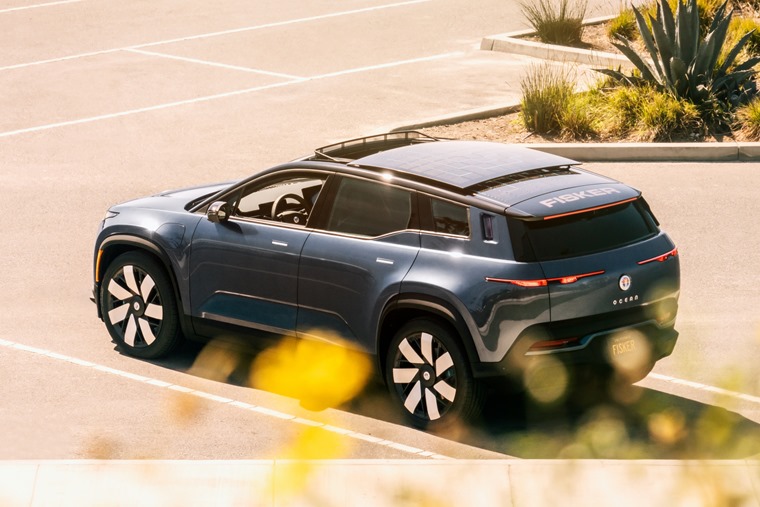
It’s certainly not the first and definitely won’t be the last car company to run into turmoil. While reflecting on Fisker’s unfortunate fate, it’s worth reminding ourselves of some other famous automotive downfalls. Here’s five of the biggest – each a fascinating story of ambition, innovation and ultimate collapse.
AMC (American Motors Corporation)
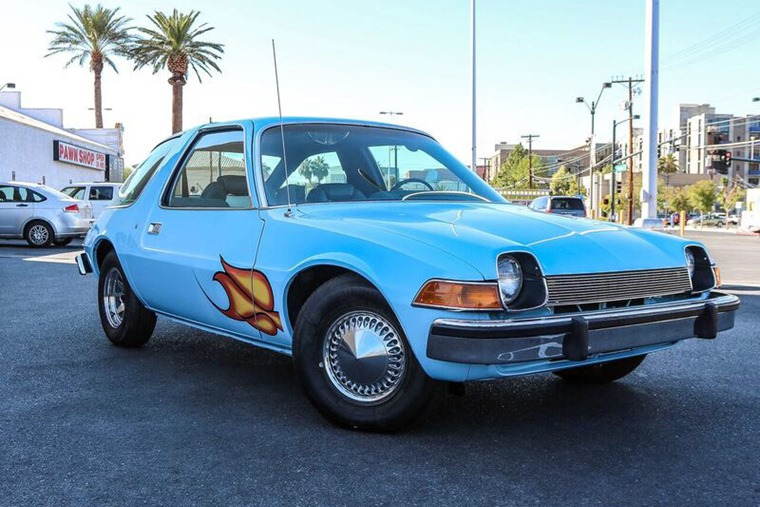
American Motors Corporation (AMC) was formed in 1954 through the merger of Nash-Kelvinator Corporation and Hudson Motor Car Company. Initially, AMC was a major player in the American automotive market, known for its compact cars and innovative designs. However, several factors led to its eventual downfall.
From day one, AMC struggled to compete with the “Big Three” in the US: GM, Ford and Chrysler. The company’s attempt to diversify its product line in the 1970s led to some truly heinous creations that eventually resulted in falling sales. Despite a last-minute rescue package from Renault in the 1980s, AMC was eventually purchased and swallowed up by Chrysler in 1987 marking the end of an era.
British Leyland
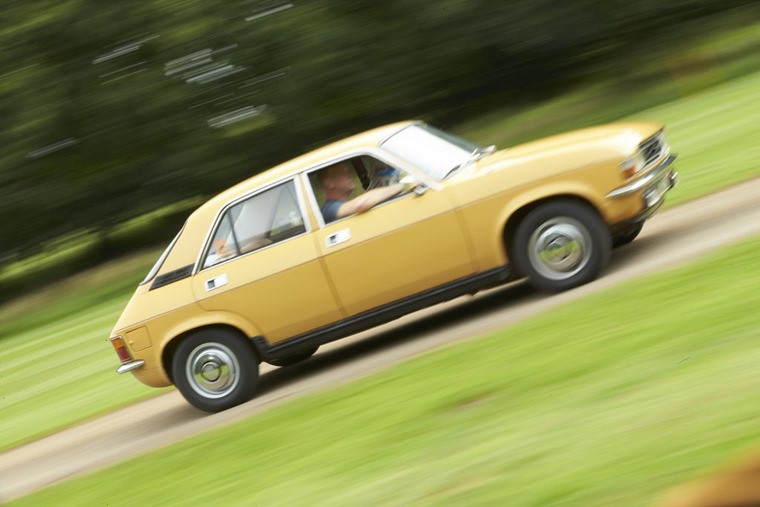
British Leyland was the UK’s attempt at emulating automotive power houses, and wanted to be the General Motors of Europe. In reality, it was a sprawling conglomerate of brands including Austin, Morris, MG, and Rover. In practise, this set-up proved far from ideal.
While there were some innovative cars to come out of the partnership, plenty of the models on offer were outdated, and there was no real investment for the majority of its products. The company was plagued by poor management, wildcat strike action and quality control issues.
Things got so bad the British government nationalised the company in 1975, but it continued to struggle. By the 1980s, many of its brands had been sold off or shut down, and the remaining assets were eventually sold to various companies, signalling the end of British Leyland.
Tucker Corporation
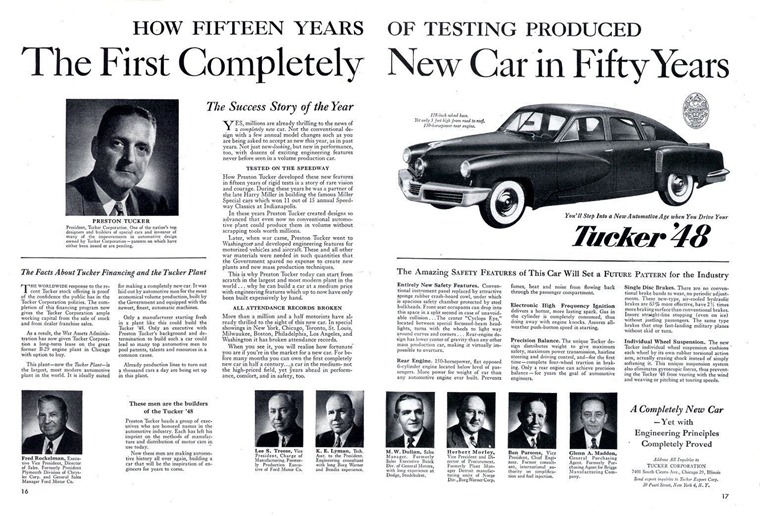
Not a lot of people know about the Tucker Corporation, founded by Preston Tucker in 1944. Despite the Tucker Torpedo being worth millions of dollars today, the story of Tucker is one of the most cautionary automotive tales ever. Tucker aimed to revolutionise the car industry with an innovative car which featured numerous advanced safety and performance features; a rear-mounted V8 engine, disc brakes and safety glass to name but a few.
However, Tucker’s ambitious vision faced significant opposition from established brands. Allegations of stock fraud and a highly publicised trial severely damaged the company’s reputation. Although Tucker was acquitted, the damage was done. The company only managed to produce 51 cars before it went bankrupt in 1949. Despite its failure (or perhaps because of it) the Tucker 48 is one of the most valuable cars in the world today.
Delorean Motor Company
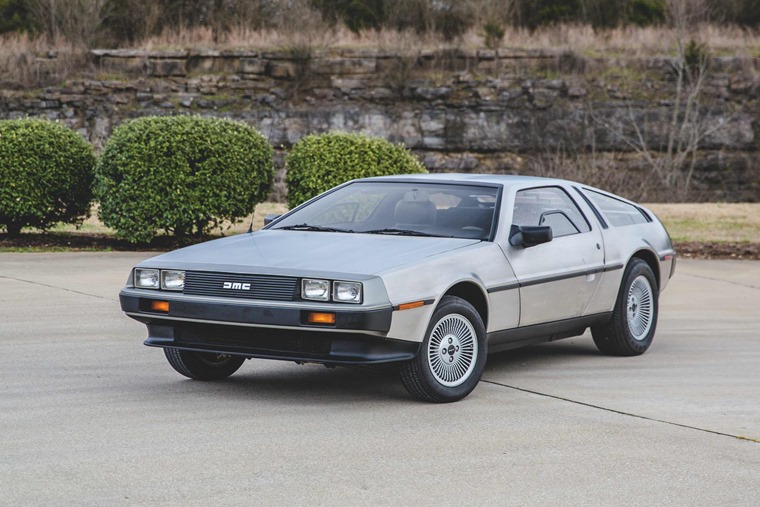
The Delorean Motor Company (DMC) was founded by John DeLorean in 1975. The auto-executive turned CEO was best known for the DeLorean DMC-12, an iconic sports car with gull-wing doors and a stainless steel body, which gained fame as the time machine in the "Back to the Future" film series.
But the company’s downfall was to be swift and dramatic. Delorean faced significant financial problems due to high production costs and low sales. The DMC-12 was criticised for its lacklustre performance and high price tag.
To top it all off, John DeLorean became embroiled in a drug trafficking scandal in an attempt to raise funds which, although he was later acquitted, irreparably tarnished his company’s image, and DMC went bankrupt in 1982.
Panhard
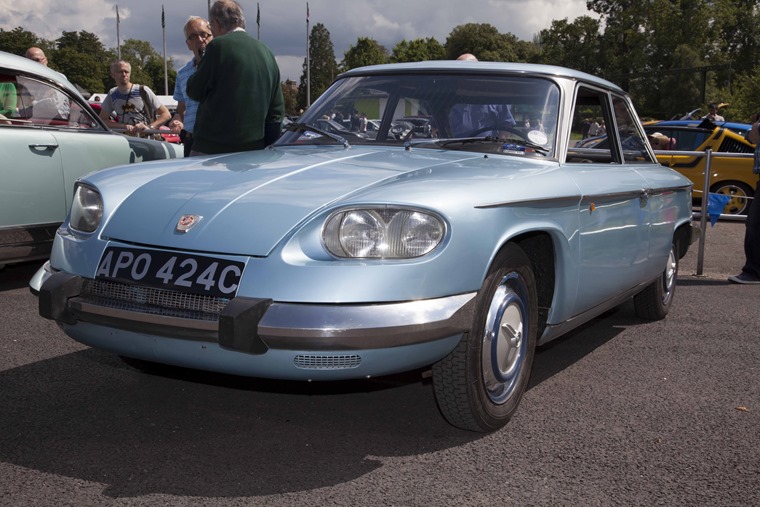
Another significant brand that no one really talks about is Panhard. It’s one of the oldest car manufacturers in the world, and was founded in 1887 in France. The company was a pioneer in the automotive industry, but the mid-20th century, Panhard struggled to keep up with larger, better-funded competitors.
Panhard’s downfall can be attributed to its inability to scale production and modernise its product line. The company’s focus on small, niche vehicles limited its market appeal. Financial difficulties mounted, and in 1965, Panhard was acquired by Citroën.
The brand continued to produce cars until 1967, when it ceased car production entirely. Today, Panhard makes specialist vehicles for military use, so it lives on. But its one famous name has long since faded from consumer consciousness.
